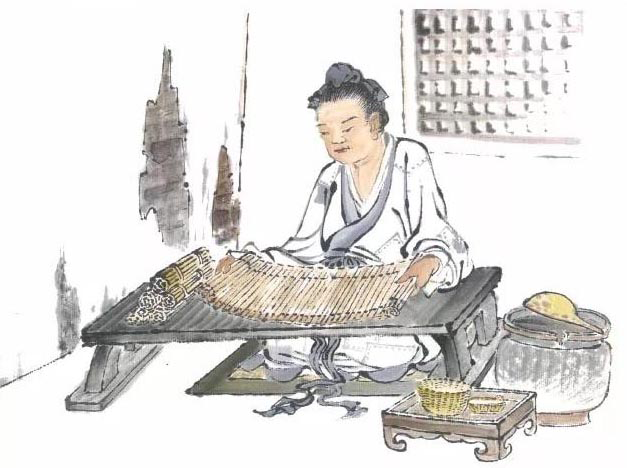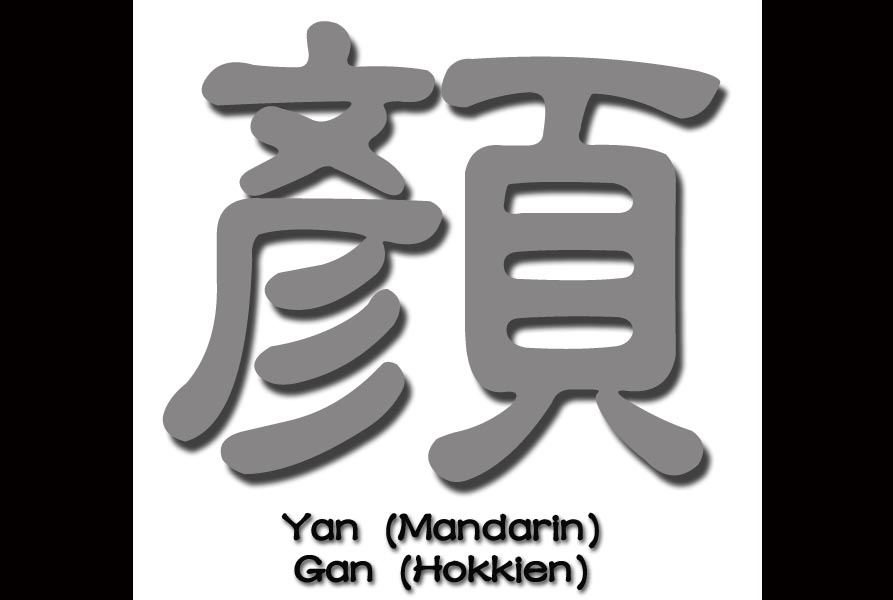First published in Tulay Fortnightly, Chinese-Filipino Digest 24, no. 20 (March 20-April 9, 2012): 5.
Chinese surname 顏 (Yan in Mandarin, Gan in Hokkien) ranks 26th among Chinese in the Philippines. However, in China, it ranks 112th, according to identification cards of the Ministry of Public Security in 2009, probably because 90 percent of Tsinoys are from Fujian province, where the number of Yans (27 percent) in China lived during the Song (960-1279), Yuan (1271-1368) and Ming (1368-1644) dynasties.
Many of Fujian’s Han (漢) population are migrants from other parts of China. The Yans, for one, came from Shandong (山東) province.
There are two versions of how the surname Yan came about. However, both end up identifying the clan as heirs of the legendary Yellow Emperor Huang Di (黃帝).
One version has it that they were heirs of another legendary emperor Zhuanxu (顓頊). One of the heirs of Zhuanxu’s great-great grandfather Luzhong (陸終), named Yifu (夷父), used a style Yan (顏), was called 顏公 (Yan Gong, or revered Mr. Yan). His heirs then adopted Yan as their surname.
The other version speaks of Bo Qin (伯禽) as the Yan ancestor. Bo Qin’s father Zhou Gong (周公) is the brother of Zhou Wu Wang (周武王), the first emperor of Zhou (周) Dynasty (1066-256 B.C.). Bo Qin’s clan lived in Yan city in Shandong, the city name was eventually adopted as the family surname. Emperor Zhuanxu is grandson of the Yellow Emperor with surname Ji (姬). Likewise, the clan of Zhou Gong is also heir of the Yellow Emperor with surname Ji. Thus, the Yans were actually originated from the Yellow Emperor, its original surname Ji.

The most prominent figure among the Yans in China is Yan Hui (顏回), the best among the 72 disciples of Confucius. He was very intelligent. Although he was from a poor family, he was eager to learn. Confucius praised him, saying he “never takes it out on someone and never commits the same error again.” Yan Hui died at a young age of 32. He was respectfully called as “the duplicated sage (復聖).”
The Gans in the Philippines do not have their own family association. They are a branch of the Tiu family joined to become Philippine Tiu Gan Family Association (菲律濱河源張顏同宗總會), founded by Gan Chiong Bing, father of John Kaw (顏于掌),Tiu Peng Hong, Tiu Ge Peung and others.
